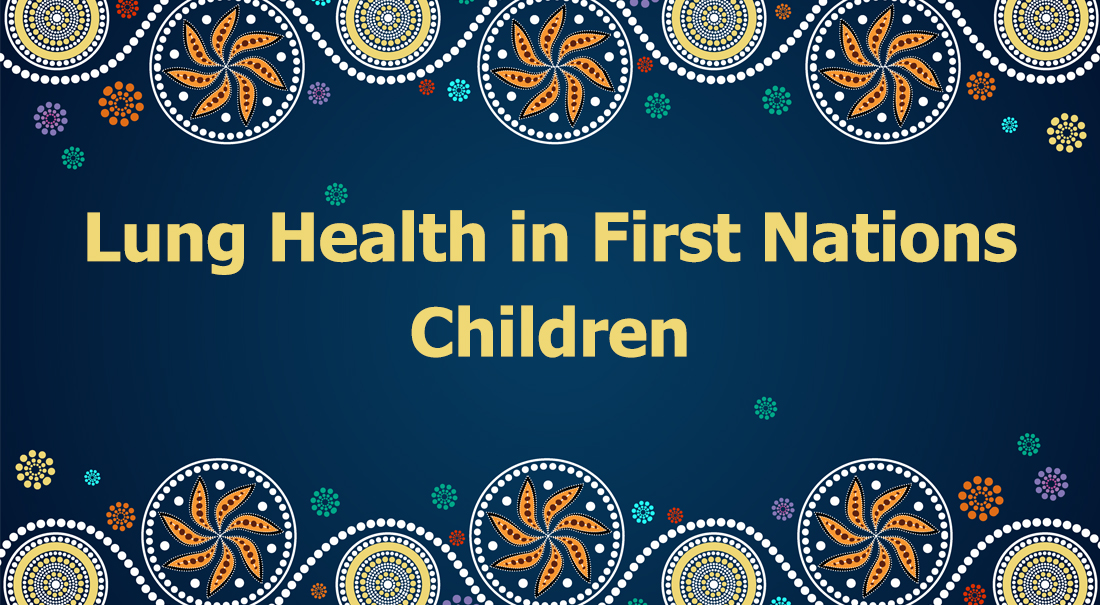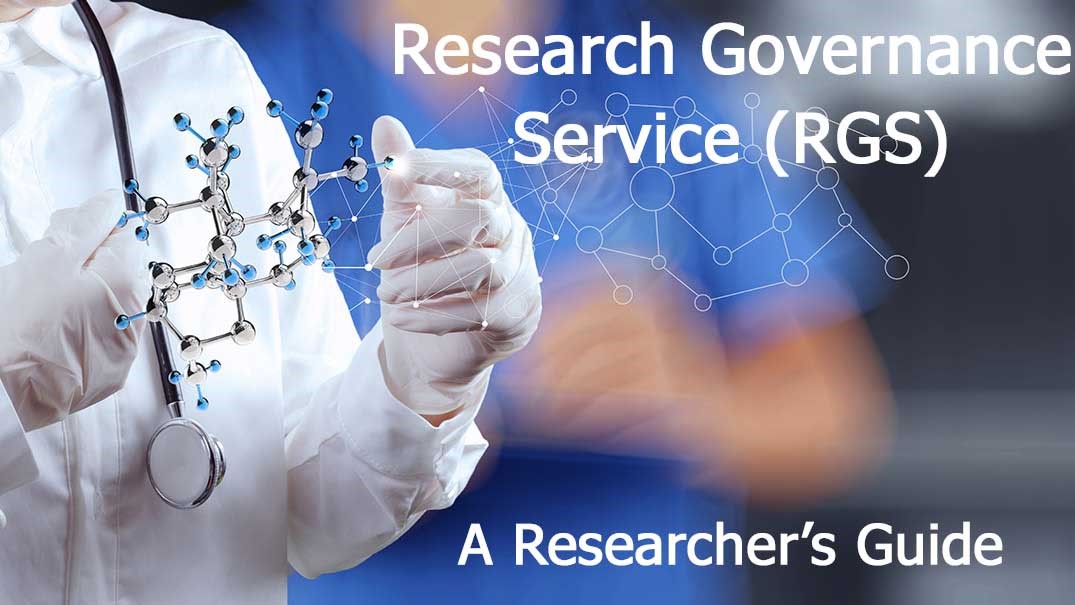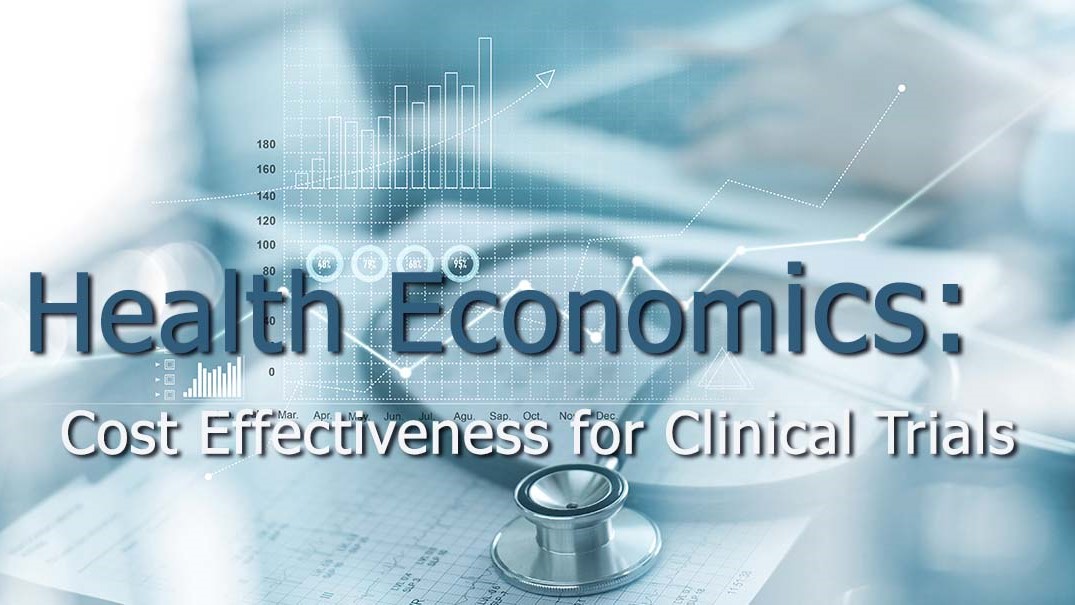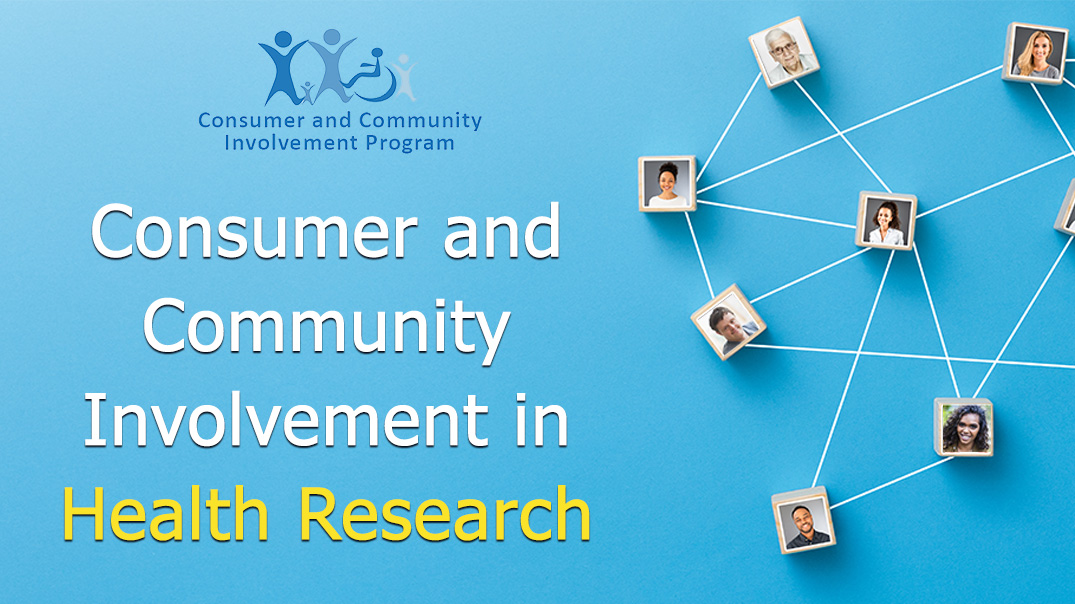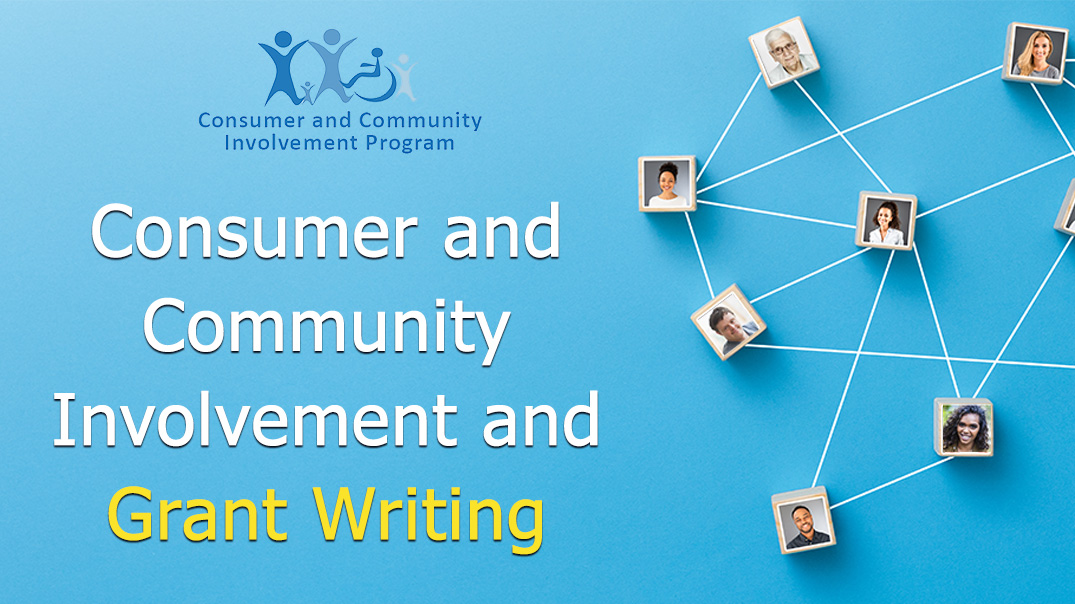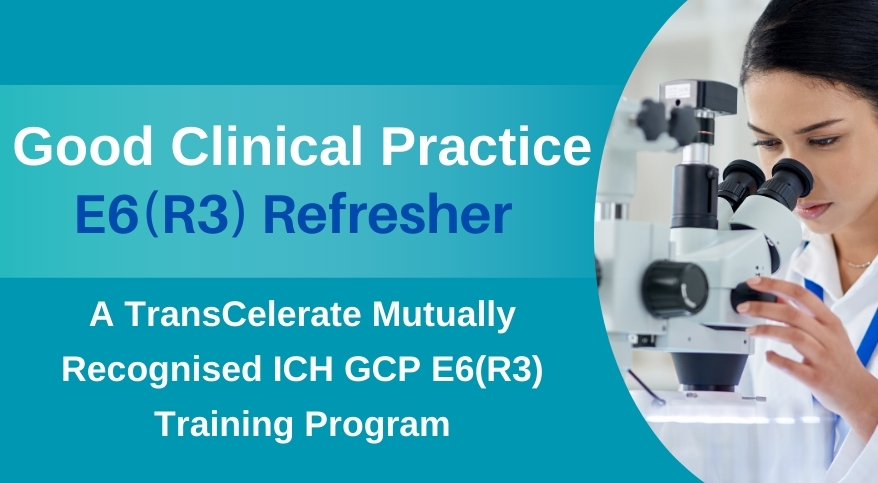
Good Clinical Practice E6(R3) Refresher
An abbrevieted ICH GCP E6(R3) course for those who’ve completed full GCP training.
About This Course
The Good Clinical Practice E6(R3) Refresher online training course is designed to assist clinical researchers who have already undertaken a previous GCP course to refresh their knowledge of the basic principles of GCP and how these principles can be applied in the research setting. This revised refresher reflects the latest developments in clinical research, aligning with the newly released ICH GCP E6(R3) guidelines and the 2025 National Statement on Ethical Conduct in Human Research. It has been approved by the TransCelerate Site Qualification and Training Initiative, a mutual recognition program for ICH E6 GCP training targeted at investigator site personnel.
With the ability to exit and resume the course at any point, participants have the flexibility to fit training into their busy schedules and gain valuable insights into this critical aspect of clinical trials.
For those who have not undertaken previous GCP training, we recommend completing the GCP E6(R3) in Australia course.
This refresher provides an efficient way to stay current with evolving standards while ensuring ethical and high‑quality research practice in Australia. It also includes specific content highlighting what is new and what has changed in the updated ICH GCP E6(R3) guideline.
Have a question about the course content?
Our AI assistant is here to help! Get instant answers and clarifications on modules, principles, and guidelines.
The course has dedicated sections to walk you through the most significant changes and updates introduced in the ICH GCP E6(R3) guideline.

Pricing
Free
WAHTN Partners have free access to this course
$40
Participants from the AHRA partner organisations have discounted access to this course.
$80
Any person from the public can gain access to the course.
Course Objectives

By the end of this course, participants will be able to:
- Understand the role of Good Clinical Practice (GCP).
- Understand the GCP principles and the hierarchy of guidelines in Australian clinical research.
- Identify key stakeholders’ roles and their responsibilities in clinical trials.
- Understand the purpose, classification, and regulatory importance of essential records in clinical trials
- Understand best practices for data handling, storage, retention, and compliance with GCP requirements.
- Understand the Research Governance Framework and its components, including the roles of the Research Governance Office (RGO) and Human Research Ethics Committee (HREC).
- Develop a governance application that meets institutional and jurisdictional requirements, including key elements for compliance in health research projects.
- Identify the steps required for participant Informed Consent.
- Distinguish between different types of consent, such as informed, opt-out, and waiver of consent.
- Understand the process of managing complaints and breaches of the Code.
- Outline the roles and responsibilities of the sponsor, investigators, HREC, and institution/site in monitoring a research project.
- Understand the processes for data management and amendments during a project.
- Recognise the progress, compliance, and safety reporting requirements, particularly for clinical trials and clinical investigation research.
- Comprehend the key requirements for successfully closing a research project.

Feedback From Participants
"The way the material was presented was clear and interesting. I enjoyed the visuals and ‘clicking’ to access different sections for more information."
"Contains a broad overview of good clinical practice but also surprisingly detailed information. This is by far one of the best online course I’ve done in a long time."
"It Provides a very good overview and the parts make sense when seen in a logical way. There are many prompts to more detailed references on the topics and they can be followed up for more information. Building in breaks was a good idea."
"Videos, real-life examples and visuals (e.g. charts) used to support comprehension."
"The content was well structured and allowed me to develop my understanding. Important information was consolidated well by the quiz"
"The self-assessments complement well with the comprehensive lesson content."







